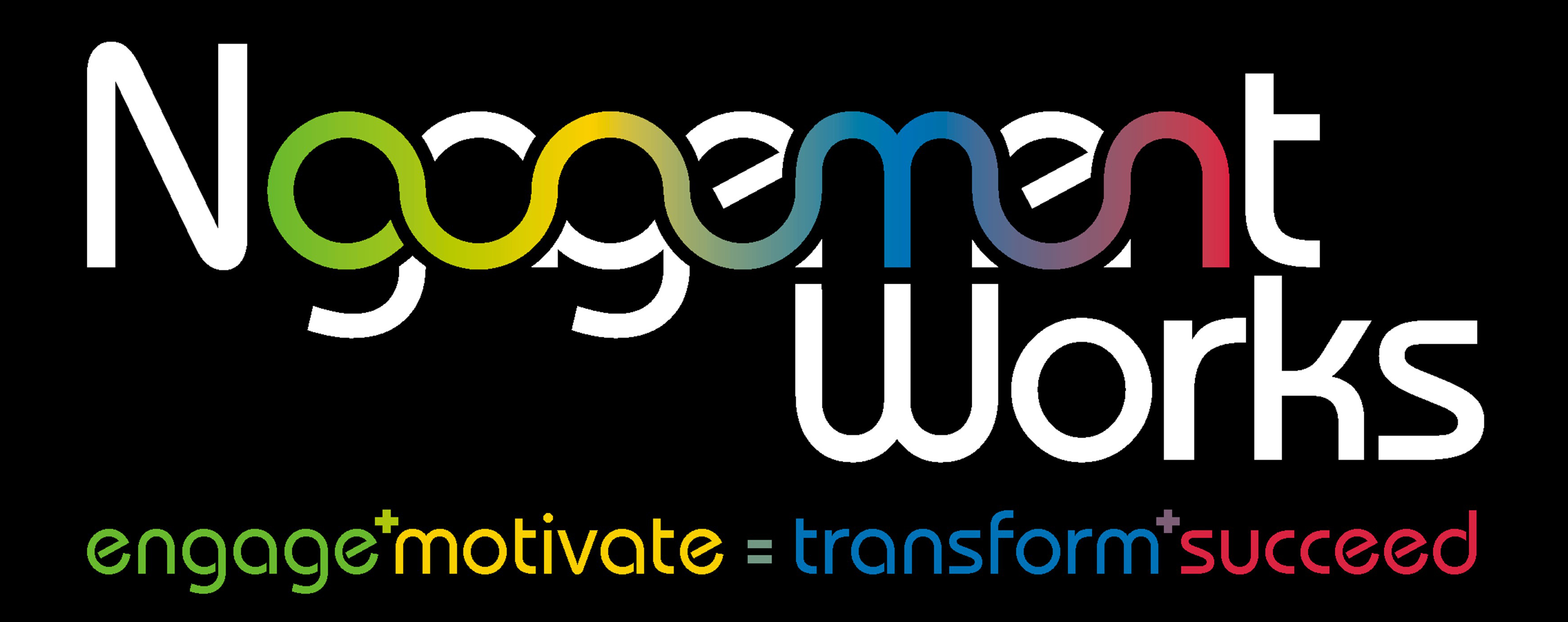Can you remember? Maybe not, it depends on what you were given.
A survey completed recently asked people the same question. The majority of people could not remember what material gifts they had received however could remember when the gift was an experience that gave them a memory.
The study demonstrates that experiential purchases, such as a meal out or theatre tickets, result in increased well-being because they satisfy higher order needs, specifically the need for social connectedness and vitality, a feeling of being alive.
Participants in the study were asked to write reflections and answer questions about their recent purchases. Participants indicated that experiential purchases represented money better spent and greater happiness for both themselves and others. The results also indicate that experiences produce more happiness regardless of the amount spent. That’s in part because the initial joy of acquiring a new object, such as a new car, fades over time as people become accustomed to seeing it every day, experts said. Experiences, on the other hand, continue to provide happiness through memories long after the event occurred.
So what’s the science behind why things don’t make us happy? The answer is to do with a fundamental feature of neurons: habituation. When sensory cells are exposed to the same stimulus over and over again, they quickly get bored and stop firing. That, for instance, is why the excitement of the new car fades over time. The brain is an efficient organ, most interested in the novel and new. If we paid attention to everything, we’d quickly be overwhelmed by the intensity of reality.
The same logic applies to material objects. When you buy a new watch, that watch might make you happy for a few days, or maybe a few weeks. Before long, however, that expensive piece of jewellery becomes just another shiny metal object – your pleasure neurons have habituated to the luxury good. Multiply this same psychological phenomenon across a full range of consumer products – from clothes to cars, stereos to shoes – and you can begin to see the “hedonic treadmill” that afflicts people in developed countries who are bombarded by marketing to buy their products.
With lots of occasions where we are expected to give gifts to others such as birthdays, anniversaries, Thanksgiving, Christmas, perhaps we should stop and think about what that gift should be, a material object or an experience.
I’d love to hear from you, based on your experiences, so please share whether a possession or a gift has given you the most long-term pleasure.
Yours behaviourally, Nick
Nick Fewings
You can email me at nick@ngagementworks.com, follow me on Twitter, NgageingNick and connect with me via LinkedIn Nick Fewings
You can also join our Facebook Community page
Don’t Blame The Accidental Manager
"82% of...



